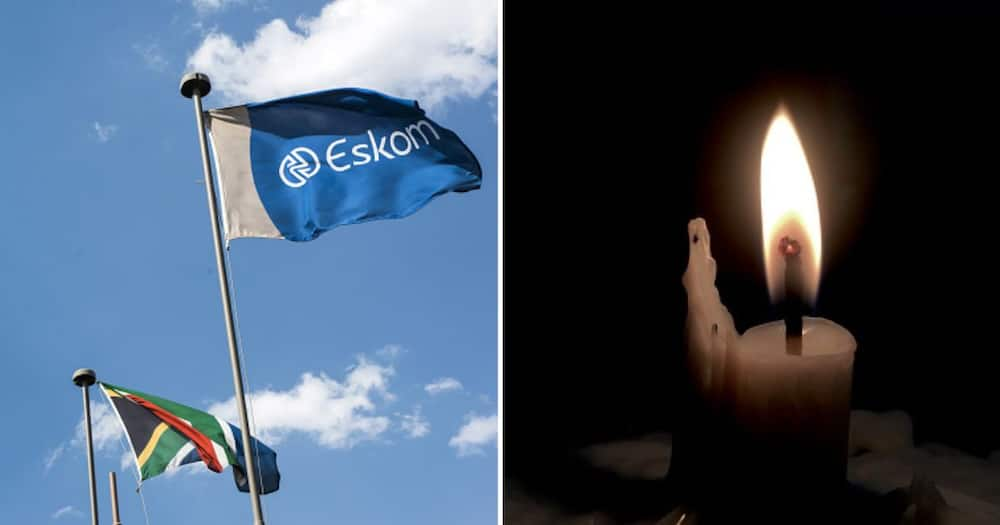Eskom says it implemented stage 4 load-shedding at 05:30 “until further notice” due to breakdowns at five generating units overnight.
The state-owned power utility says it will release a full statement during the afternoon.
This latest escalation in rotational power cuts comes as Eskom struggles to bring one of its longest stretches of load-shedding under control.
Barring one Sunday in the second week of October, Eskom has implemented load-shedding every day since 6 September.
On 8 September 2022, Eskom’s outages escalated to continuous load-shedding.
These peaked a stage for several days from Sunday, 18 September 2022, following a flurry of unit breakdowns.
On 7 October, after a month of constant power cuts, Eskom announced that it would suspends load-shedding on the weekend of 8–9 October.
Load-shedding continued until 05:00 on Saturday, and that Sunday was load-shedding free.
However, it was not to last, with Eskom announcing it would implement stage 2 load-shedding everyday during the evening peaks.
This past weekend, Eskom once again announced that it planned to suspends load-shedding for the weekend starting at 23:59 on Friday.
However, it was not to be, with the power utility implementing stage 2 power cuts from 14:00 on Saturday, 14 October, after four generating units broke down during the day.
Eskom’s record load-shedding year
Data from load-shedding tracking app EskomSePush shows that South Africa’s had 2,162 hours of load-shedding in 2022 so far.
This year has been Eskom’s worst on record for rotational power cuts, closing on double the 1,153 load-shedding hours from 2021 its previous worst.
EskomSePush’s raw count of load-shedding hours does not factor in the intensity of power cuts, which have also been worse this year.
Eskom implemented a full week of stage 5 and stage 6 power cuts during September, placing huge strain on battery backup systems used by companies like Vodacom and MTN.
Source: My Broadband

